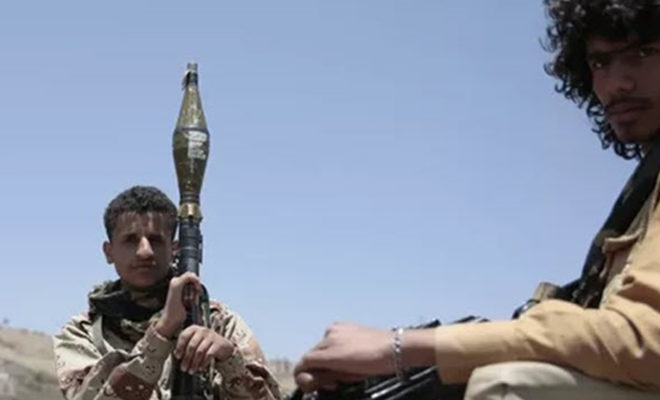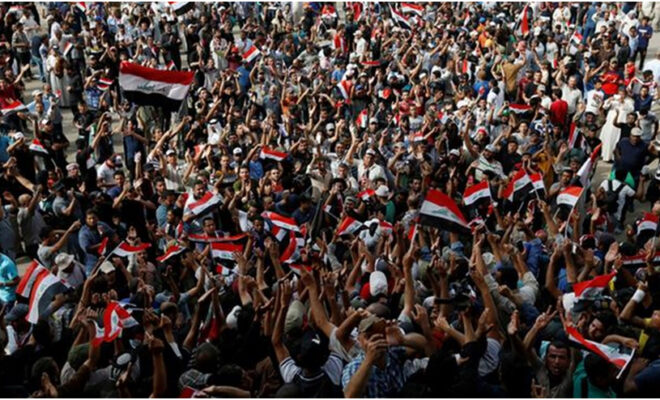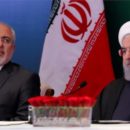Transferring Control of Yemen’s Port Could Be Key to Solving Iran Problem

May 3, 2017
It is reported that President Trump will travel to Riyadh later this month and will meet with the six leaders of the Gulf Cooperation Council (GCC) countries. There are wide views on the Iranian threat to stability in the Middle East and how to resolve the conflict in Yemen. It is difficult to coordinate on a policy regarding Iran without opening up conflict, because of these divergent views, analysts suggest. Efforts thus far focus on improving regional defense capabilities and US-GCC security cooperation. The Trump administration has indicated it will provide advanced munitions as well as logistics and intelligence support to assist the Saudi-led coalition fight the pro-Iranian Houthi insurgency in Yemen.
Oman has been reluctant to confront Iran.
Iran’s President Hassan Rouhani and Foreign Minister Javad Zarif are suspected of seeking to exploit the rifts among Arab states in an effort to isolate the Saudis from their smaller Gulf partners. Iran itself is troubled with internal policy differences over dealing with the Gulf States. Now the presidential elections approach, heightened regional tensions weaken Rouhani with the hard-liners who surround Supreme Leader Ayatollah Ali Khamenei. Securing re-election may depend on his being able to resolve the tensions in the Gulf.
In an article for Defense One, Gerald Fierstein, former US Ambassador to Yemen, writes that, “Yemen may be the key to solving the GCC’s Iran problem. After last year’s Kuwait round of Yemeni negotiations ended in stalemate, the Saudi-led coalition determined that only a shift in the military balance would bring the Houthis and their allies, loyalists of former President Ali Abdullah Saleh, back to the negotiating table. A strategy was derived to push the Houthis off the Red Sea coast — the Yemeni terminus of the arms-smuggling route that begins in Iran — and seize the vital port of Hodeidah.”
The complexity of a military operation that would drive an entrenched force from a city of at least one million is concerning, and has led he coalition to re-consider its position. The Hadi government of Yemen, along with the Saudis and Emiratis, is considering a peaceful transfer of the city and port to a neutral third party. That third party will be responsible for repairing damaged port facilities, allowing access to humanitarian relief organizations, and ensuring that the port would no longer be used for arms smuggling. The Houthi and Saleh forces are showing signs that they may agree to this proposal.
The Muslim holy month of Ramadan is just weeks away, so an agreement to return the port of Hodeidah to full operation would be good news for the Yemeni population, as seventy to eighty percent of the country’s humanitarian deliveries, and an even greater share of commercial food and fuel imports, come through the port, according to UN estimates.
“Even more importantly, an agreement among the parties to transfer control of the port to a neutral party might spark a return to UN-led negotiations. UN Special Envoy Ismail Ould Chaikh Ahmed is seeking an agreement among the parties to allow the government to return to the capital, Sana’a, and resume functioning while negotiations continue over restructuring the interim government and concluding the political transition under the terms of the GCC Initiative. A side agreement to restore functionality to Yemen’s Central Bank could pump billions of Yemeni rials into the economy and help ordinary Yemenis provide for their essential needs,” writes Fierstein.









